P F Tinmore
Diamond Member
- Dec 6, 2009
- 83,623
- 4,686
- 1,815
Follow along with the video below to see how to install our site as a web app on your home screen.
Note: This feature may not be available in some browsers.
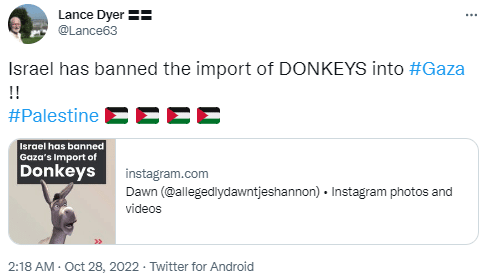
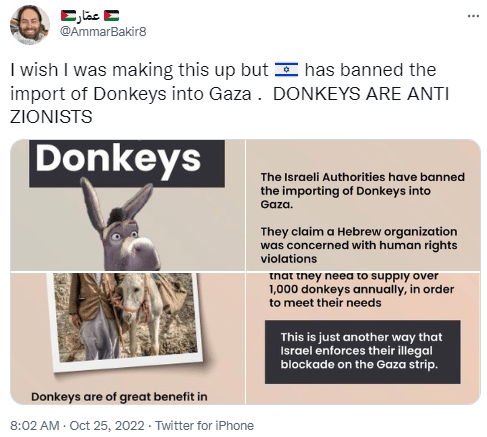
Cattle carts arriving at the vegetable market in the Sheikh Radwan neighborhood of Gaza and vendors and shoppers flocking to them have been a regular feature for years in the strip besieged by Israel.
But this might become a thing of the past as Israel has been preventing donkeys from entering the Gaza Strip since December last year, according to donkey dealers in Gaza.
Hani Al-Nadi, 40, a donkey dealer, said that Israel prevented him and other traders from importing the animals into Gaza.
“In December, I was informed by the Israeli authorities at the Erez Crossing that I am not allowed to obtain an import permit for donkeys,” Al-Nadi told Arab News.
He said an Israeli nongovernmental organization claimed that donkeys are tortured in Gaza and that after they are imported from Israel, they are slaughtered and their skins are sold to China via Egypt.
Ofer Stritch, from Starting Over, a nonprofit Israeli animal sanctuary, said: “We learned from multiple sources in Gaza that many donkeys arriving in the strip via Israel are sent to Egypt where they are slaughtered and their skins sold to China.
“We realized that there is a sudden increase in the number of donkeys that are transported from Israel to Egypt via Gaza.”
Al-Nadi rejected the allegations and said: “We cannot export anything through Egypt, and donkeys are not slaughtered in Gaza. I do not know the reason for this claim.”
According to Al-Nadi, Israel is the only source for importing donkeys, which are used for cheap transportation in light of the high fuel prices, into the Gaza Strip.
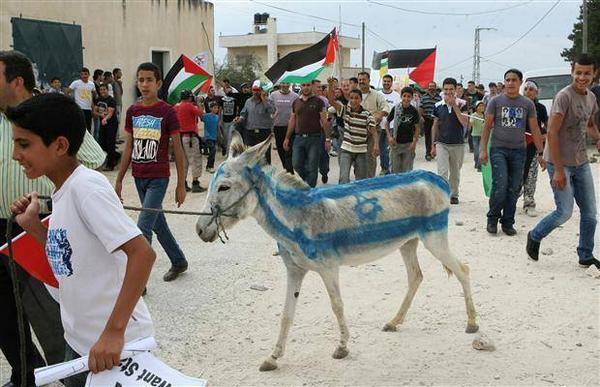
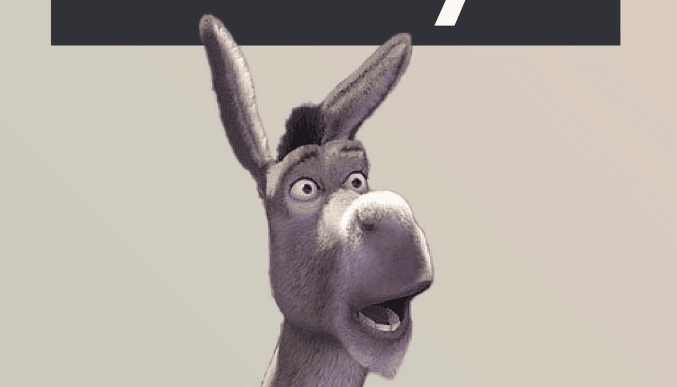
First-ever Palestinian Flag Raising Event in Chicago
Photographing the Nakba - Roger Hardy
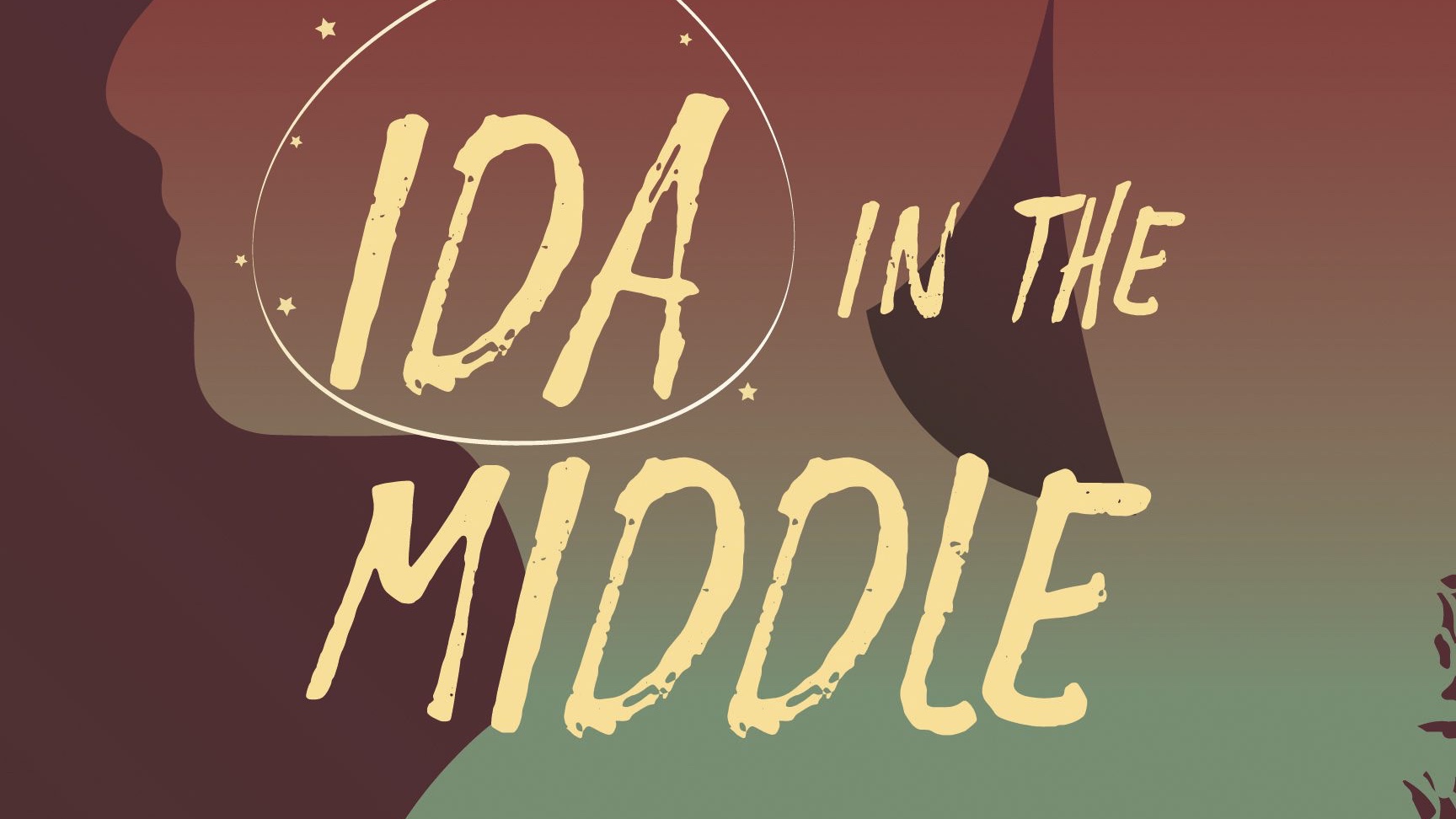
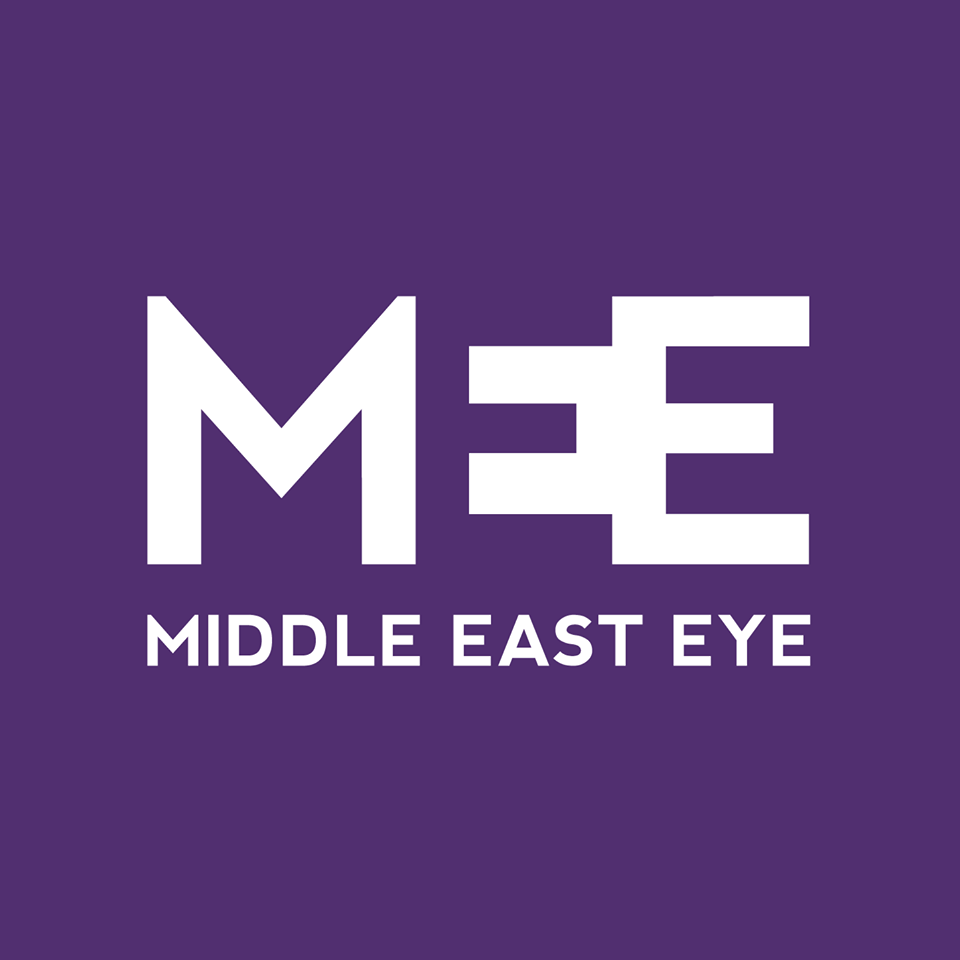 www.middleeasteye.net
www.middleeasteye.net
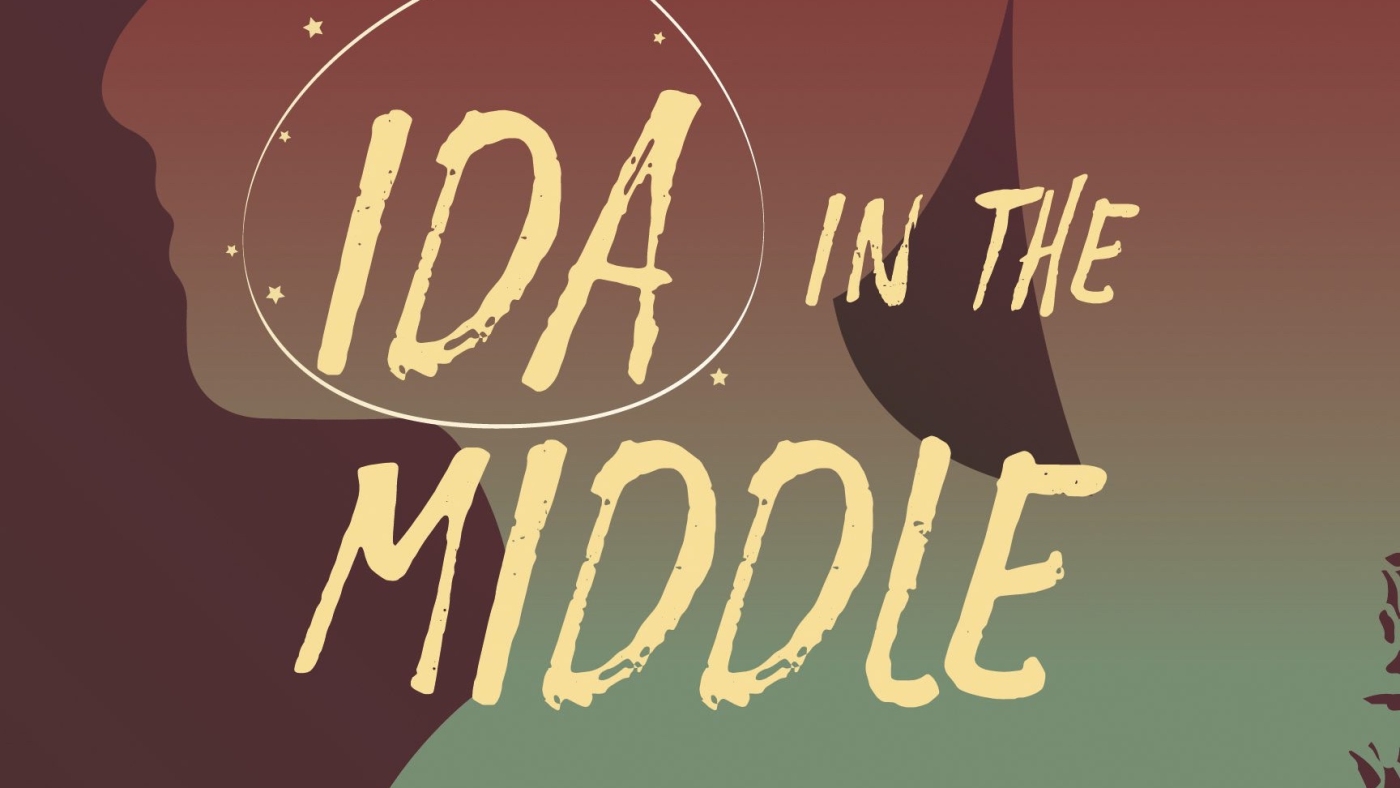
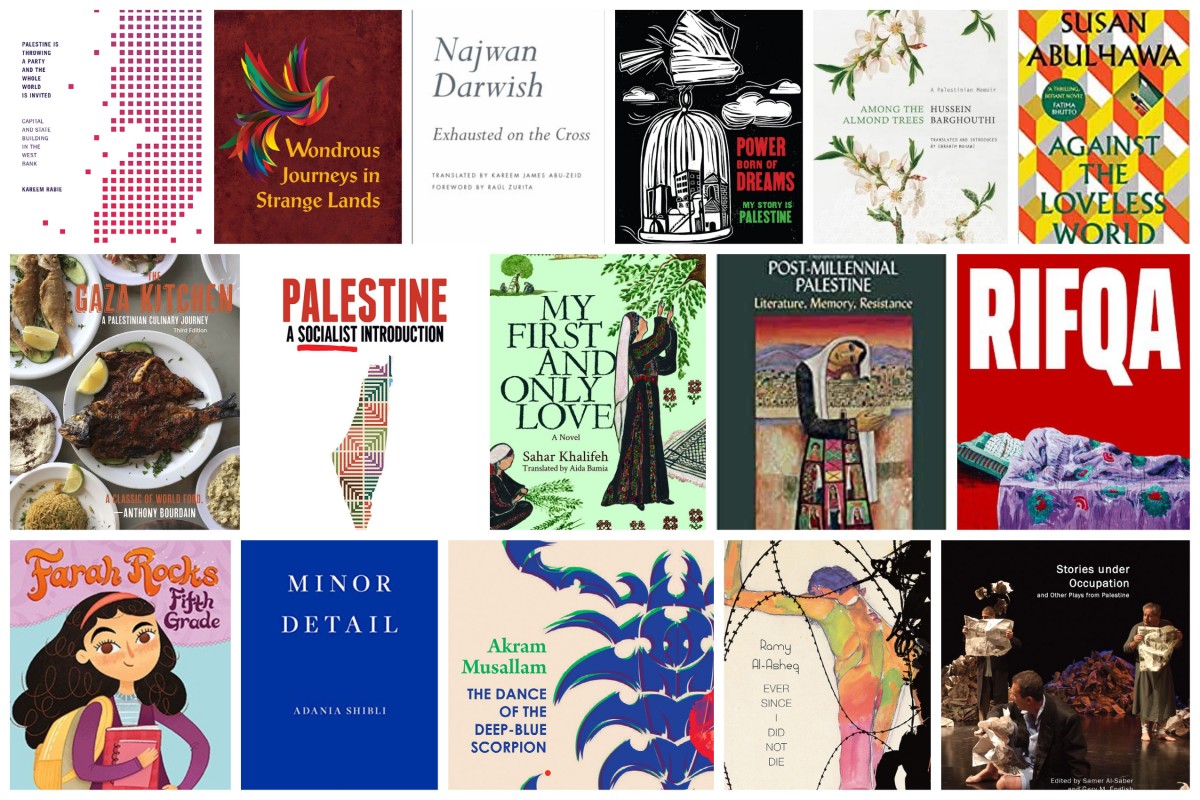
 www.middleeasteye.net
www.middleeasteye.net
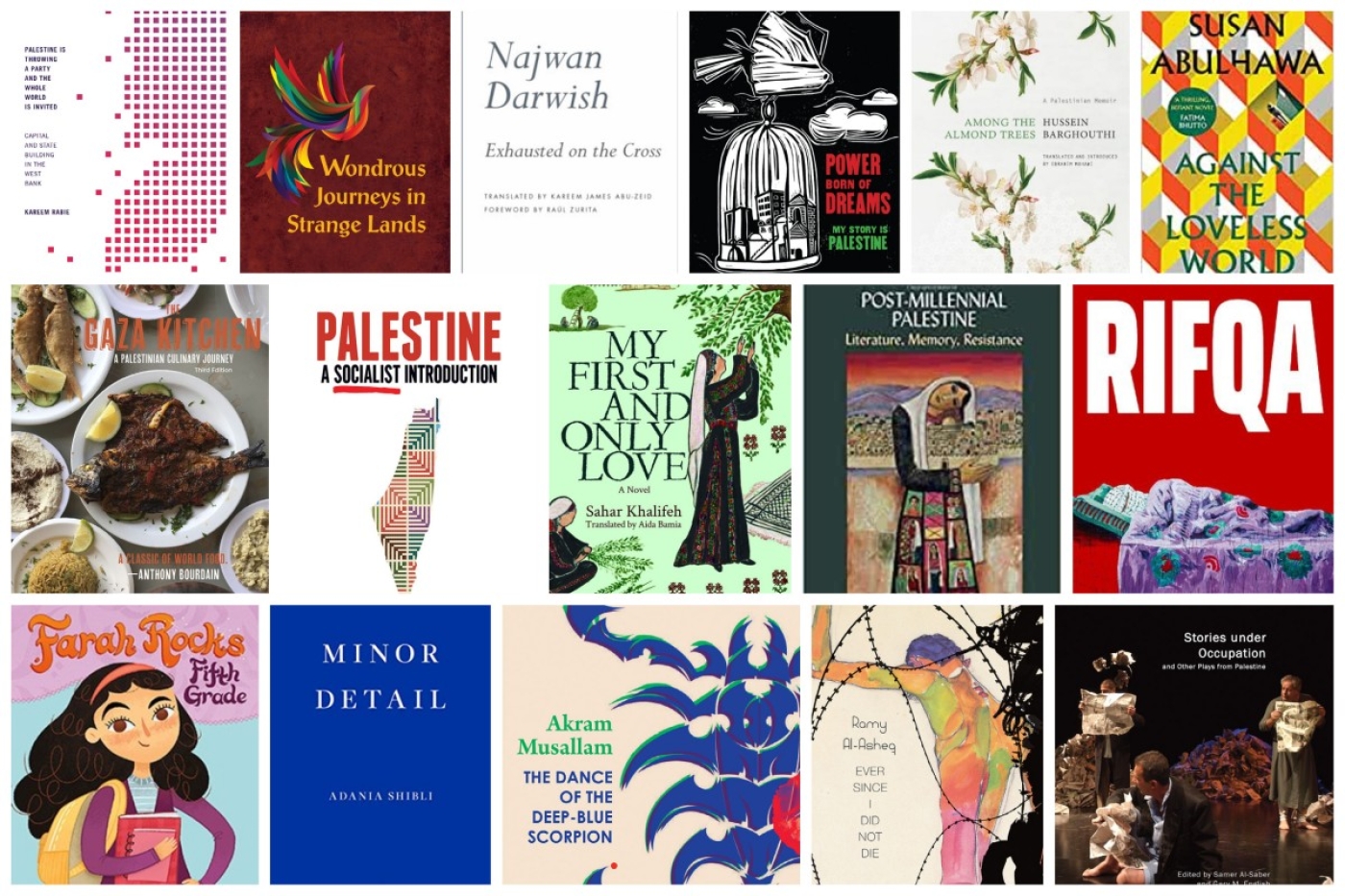
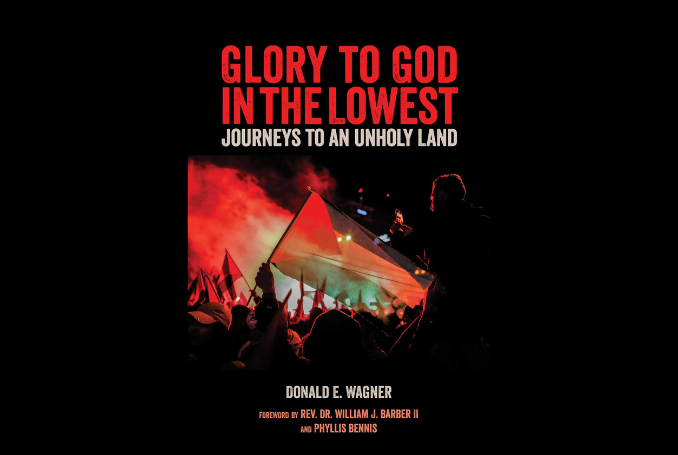
 www.palestinechronicle.com
www.palestinechronicle.com
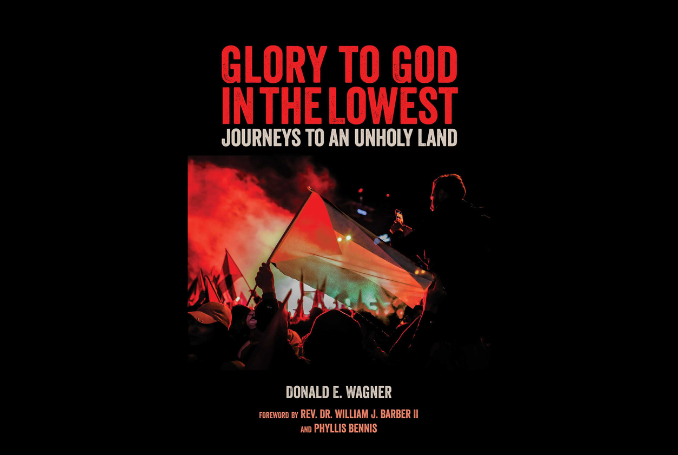
What a beautiful story!Palestinian Women: Runners, Mothers and Breadwinners
...In Summer 2014, Shawqia took a loan from FATEN in order to develop the agriculturally rich land around her home. With the care and tenderness of a mother, she took me for a tour of her hip-height bean plants, a nursery of herbs peeking through the ground, baby fig and olive trees. Over a cup of the most amazing tea I’ve ever tasted (which I am told, is a due to the well-water stored under the home), she told me how she grows almost everything that her family eats and sells any extra, essentially eliminating the need to go to the mini market.
As she lovingly stroked her budding olive tree, she told me how her two sons (who married two sisters!), helped her to plant the fields. Now that everything is in bloom, she is very content spending her days tending her land alone. Hands don’t lie: This is a woman who is no stranger to hard work.
View attachment 222671
KIVA is an NGO microloan program that is quite successful. They loan to women primarily because women are more likely to invest it into enterprises to help their families.